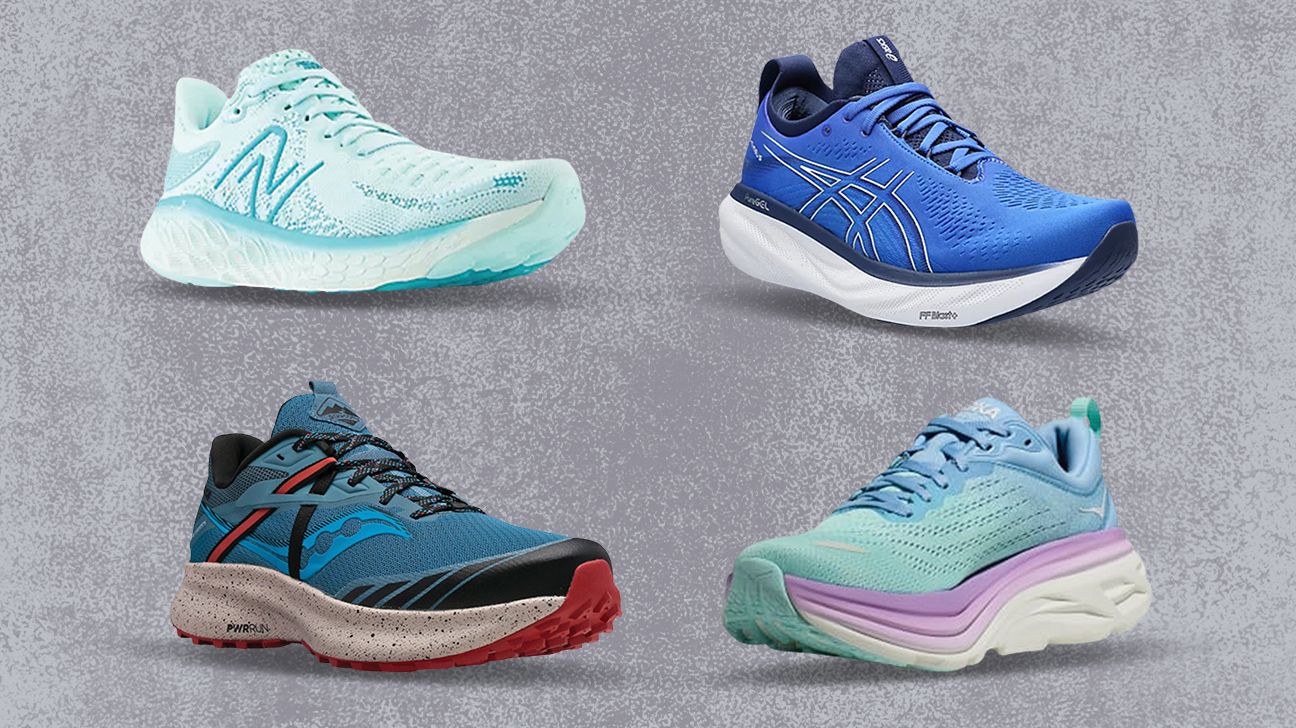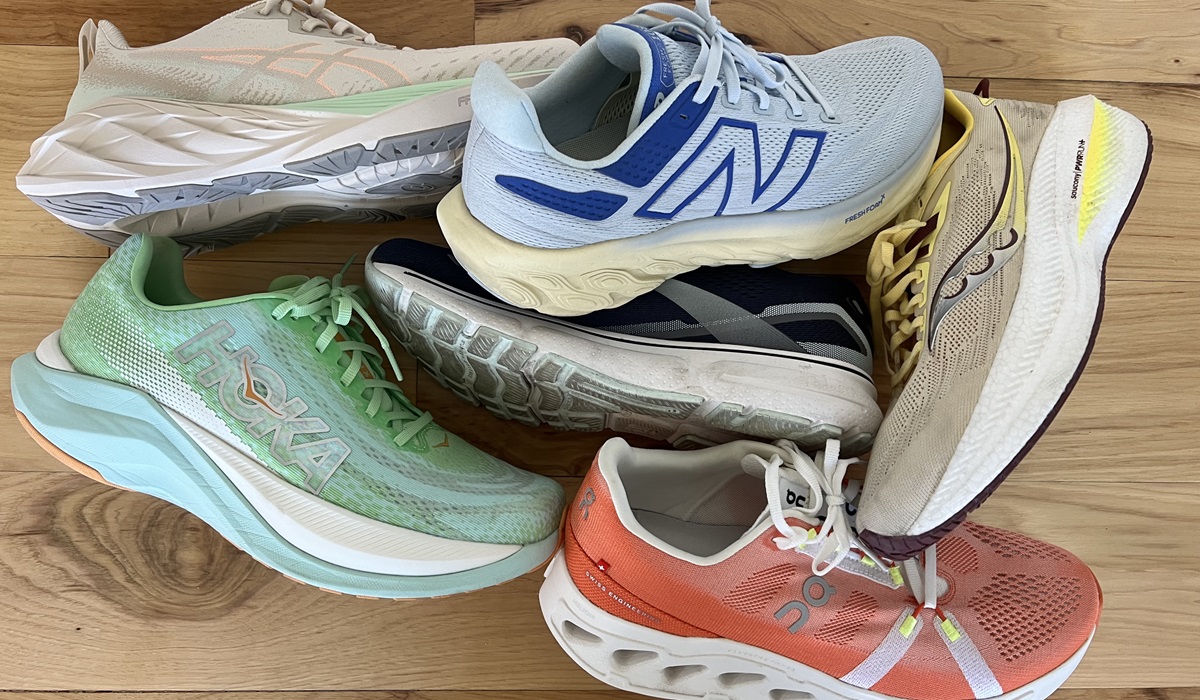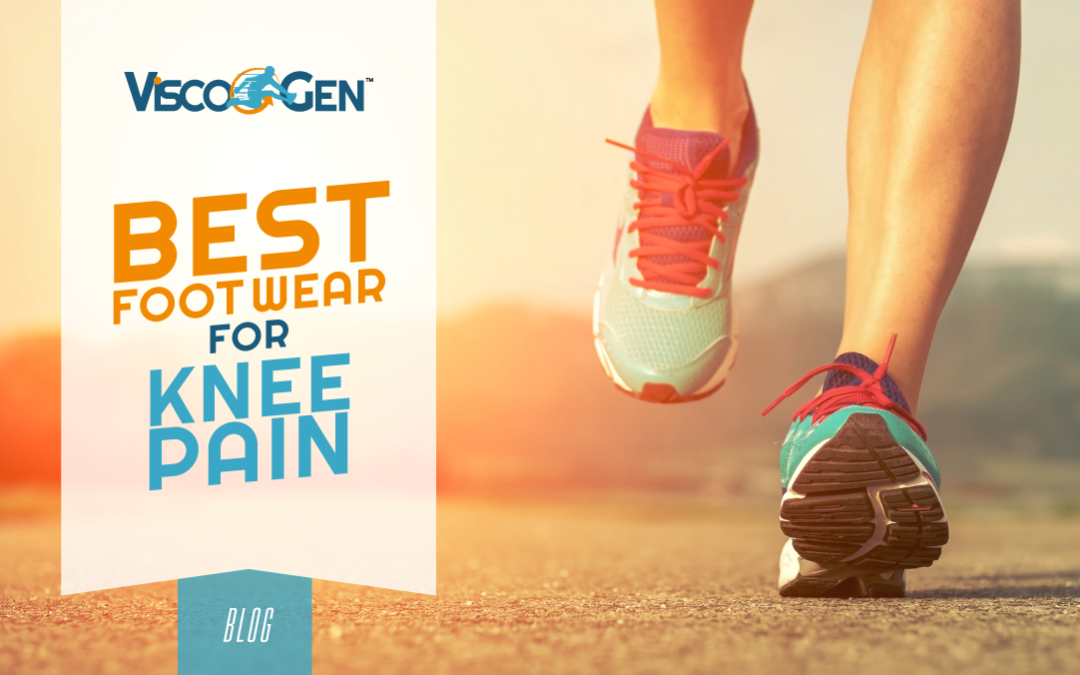Knee problems can significantly affect your quality of life, making it challenging to perform everyday activities or engage in sports. Finding the right footwear is crucial for alleviating pain and improving mobility. In this comprehensive guide, we’ll explore the best shoes for knee problems, backed by real-world experiences, case studies, and expert insights. Whether you’re a shoe enthusiast, a fashion lover, or simply looking for comfortable footwear, this article has something for everyone.
Understanding Knee Problems
Knee pain can stem from various factors, including injuries, arthritis, overuse, or misalignment. According to the National Institutes of Health, conditions like osteoarthritis can lead to significant discomfort and mobility challenges. The right shoes can reduce strain on the knees, improve posture, and enhance overall comfort.
The Importance of Proper Footwear
Wearing the wrong shoes can exacerbate knee problems. High heels, flip-flops, and shoes with inadequate support can lead to misalignment and increased pressure on the knees. Finding footwear that offers cushioning, arch support, and stability is vital for individuals suffering from knee pain.

Key Features to Look for in Shoes for Knee Problems
Cushioning
Look for shoes with ample cushioning to absorb shock during walking or running. This can help reduce the impact on your knees.

Arch Support
Proper arch support can help align your feet and knees, reducing pain and discomfort. Custom insoles can also be a good addition.
Stability
Choose shoes that provide stability to prevent your feet from rolling inward or outward. This can help maintain proper alignment and reduce stress on the knees.

Fit and Comfort
Always opt for shoes that fit well and offer comfort. Poorly fitting shoes can lead to blisters and further exacerbate knee pain.
Top Rated Shoes for Knee Problems

1. Brooks Ghost 14
Known for its excellent cushioning and support, the Brooks Ghost 14 is a favorite among runners and those with knee issues.
- Pros: Great shock absorption, breathable mesh upper, available in wide sizes.
- Cons: Slightly expensive compared to other options.
2. New Balance 990v5
The New Balance 990v5 offers exceptional support and stability for all-day wear, making it ideal for individuals with knee pain.
- Pros: Durable construction, superior arch support, made in the USA.
- Cons: Bulky design may not appeal to everyone.

3. ASICS Gel-Kayano 27
The ASICS Gel-Kayano 27 is designed with advanced cushioning technology, offering both comfort and structural support.
- Pros: Excellent for overpronators, gel technology reduces impact.
- Cons: Some users report sizing issues.
4. Saucony Guide 14
The Saucony Guide 14 is built for runners needing support and cushioning while helping to mitigate knee discomfort.
- Pros: Responsive cushioning, smooth heel-to-toe transition.
- Cons: Limited color options available.

5. Hoka One One Bondi 7
If you prioritize maximum cushioning, the Hoka One One Bondi 7 might be the perfect fit for you.
- Pros: Thick midsole, great for walking and standing for extended periods.
- Cons: Bulkier than traditional running shoes.
Comparison Table of Best Shoes for Knee Problems

| Shoe Model | Cushioning | Arch Support | Stability | Price |
|---|---|---|---|---|
| Brooks Ghost 14 | Excellent | Medium | Good | $140 |
| New Balance 990v5 | Good | Excellent | Very Good | $185 |
| ASICS Gel-Kayano 27 | Excellent | Good | Very Good | $160 |
| Saucony Guide 14 | Good | Medium | Good | $130 |
| Hoka One One Bondi 7 | Excellent | Medium | Good | $160 |
Real-World Footwear Experiences
Case Study: From Pain to Relief
Meet Sarah, a 34-year-old teacher who suffered from chronic knee pain. Unable to participate in her favorite activities, she decided to invest in a pair of Brooks Ghost 14 shoes after reading about their supportive features. Within weeks of switching shoes, Sarah reported a significant decrease in pain during her daily walks and classroom duties. Her story illustrates the power of proper footwear in managing knee issues.
Expert Insights: What Professionals Say
Dr. Michael Smith, a podiatrist with over 15 years of experience, emphasizes the importance of finding the right shoes. “Comfort and support are key,” he says. “Shoes with proper cushioning and arch support can help distribute weight evenly and mitigate pressure on the knees.”
Tips for Choosing the Right Shoes for Knee Problems
1. Get Professionally Fitted
Visiting a specialized running or orthopedic store can be beneficial. Professionals can assess your foot type and recommend appropriate footwear.
2. Consider Custom Insoles
If you find that off-the-shelf shoes don’t provide enough support, consider investing in custom orthotics tailored to your foot’s unique structure.
3. Pay Attention to Your Gait
Understanding your walking or running style can guide you in selecting the right shoes. Many stores offer gait analysis to help determine the best fit for your needs.
4. Don’t Compromise on Fit
Always try shoes on and walk around in them. Ensure there’s enough room in the toe box and that the shoes feel snug but not tight.
5. Replace Your Shoes Regularly
Shoes lose their cushioning and support over time. It’s advisable to replace them every 300-500 miles, depending on your activity level.
FAQs about Shoes for Knee Problems
1. What types of shoes should I avoid if I have knee problems?
Generally, you should avoid high heels, flip-flops, and shoes with minimal support or cushioning, as these can lead to increased knee pain.
2. Are there specific brands known for helping with knee pain?
Brands like Brooks, New Balance, ASICS, Saucony, and Hoka One One are known for producing shoes designed with support and comfort in mind, making them popular choices for those with knee issues.
3. Do custom orthotics really help?
Yes, custom orthotics can significantly enhance support and alignment, reducing stress on the knees. Consult with a professional to determine if this is a suitable option for you.
4. Can the right shoes prevent knee pain?
While the right shoes can alleviate existing pain and discomfort, they may not entirely prevent knee pain, especially if other underlying issues are present. Consult with a healthcare provider for comprehensive management.
5. How do I know if my shoes are worn out?
Signs of wear include a loss of cushioning (feeling harder), visible wear patterns on the outsole, or an inability to provide adequate support. If you notice these signs, it’s time for a replacement.
6. Are there specific features best for arthritic knees?
Look for shoes with extra cushioning, rocker soles for smoother transitions, and wide toe boxes to allow for comfortable movement.
7. How can I tell if I need a wide shoe?
If your foot feels cramped, frequently rubs against the shoe, or if you notice redness or blisters after use, a wide shoe may be necessary.
8. Should I only wear athletic shoes if I have knee issues?
While athletic shoes offer more support, you can also find casual shoes with appropriate cushioning and support. Look specifically for brands that cater to comfort.
9. How often should I replace my shoes?
It’s recommended to replace athletic shoes every 300-500 miles. However, consider replacing walking shoes sooner if you notice a decline in comfort or support.
10. Can insoles make a significant difference?
Absolutely! Quality insoles can provide additional arch support, cushioning, and stability, which are crucial for managing knee pain.
Conclusion
Choosing the best shoes for knee problems is essential for maintaining mobility and comfort. With the right footwear, you can take meaningful steps towards alleviating pain and improving your quality of life. Remember to consider features such as cushioning, arch support, and stability when making your selection. By investing in the right shoes and maintaining a proactive approach to your foot health, you can walk comfortably and confidently.
For more resources on managing knee pain and the importance of proper footwear, consider visiting the Arthritis Foundation for valuable insights and support.
Don’t forget to share your own experiences or questions in the comments below! Your comfort is just a step away.